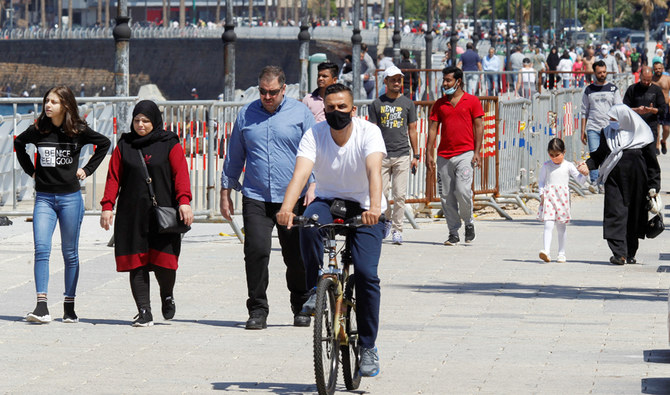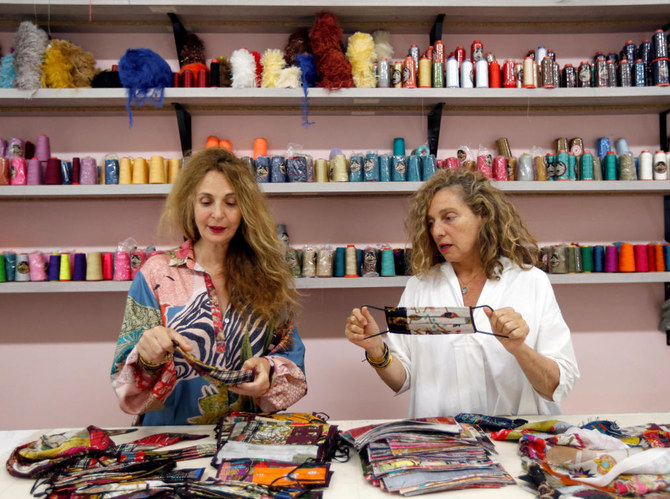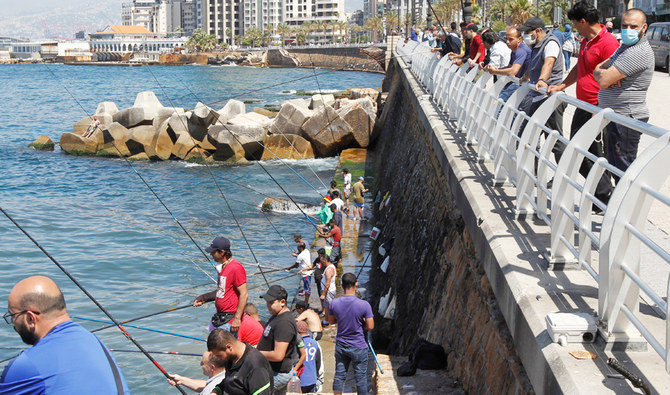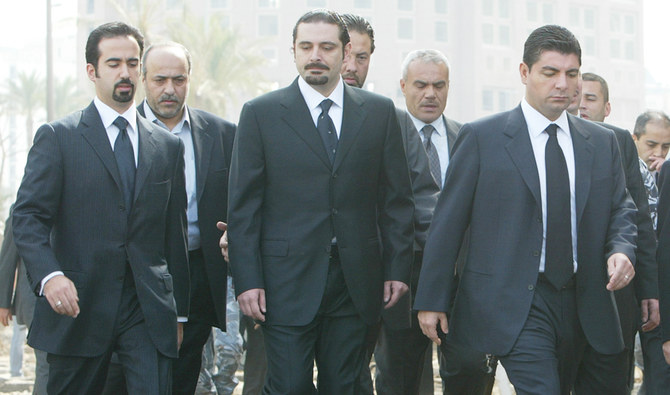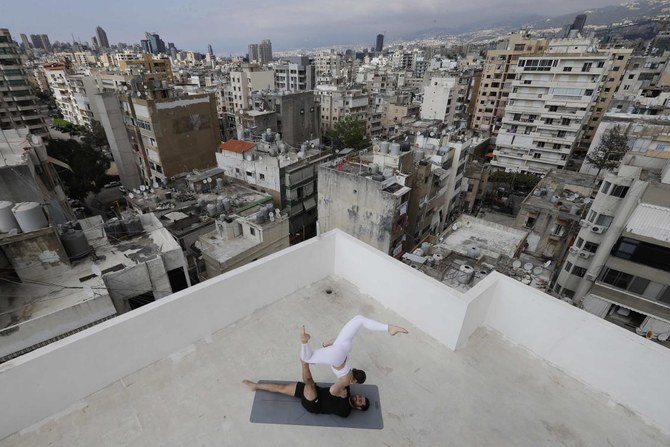
by naharnet — The International Support Group of Lebanon on Wednesday called on the Lebanese government to “engage all relevant stakeholders, most importantly the Lebanese people, in consultations” on its financial rescue plan. “The ISG takes due note of the unanimous adoption by the Government of Lebanon of its Financial Recovery Plan as a constructive framework for future reforms as well as its decision to request an IMF program as a first step in the right direction,” the ISG said in a statement. “The ISG also takes due note of the assessment by the World Bank that the Plan recognizes the nature and depth of the crisis, the necessary structural reforms and adjustments needed to ensure a vibrant economy with sustainable growth and productive sectors, in a business climate and conditions favorable for private sector development and the prosperity of the Lebanese people,” it added. Recognizing the importance of “domestic political support” necessary for “successful conduct and rapid completion of negotiations with the IMF, the ISG encourages the Government of Lebanon to engage all relevant stakeholders, most importantly the Lebanese people in consultations on the contents of the plan and ways to expedite its implementation,” the Group went on to say. It added: “Equally, the ISG encourages the Government and Parliament to work together in creating the necessary conditions for timely implementation of the needed reforms and to ensure full transparency and accountability as demanded by the citizens of Lebanon.”
